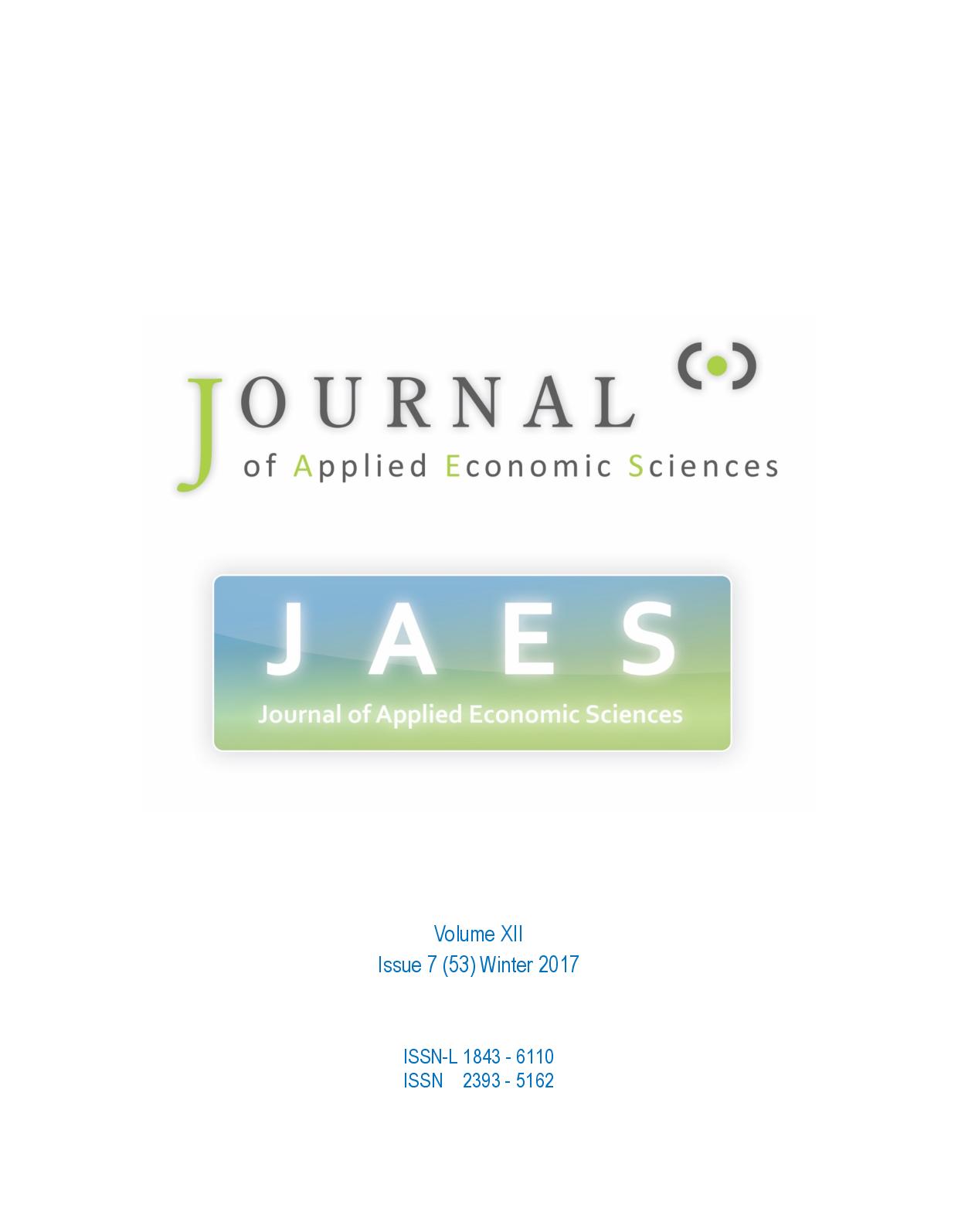Efficiency in Dual Banking System: A Non-Parametric Analysis
Efficiency in Dual Banking System: A Non-Parametric Analysis
Author(s): Farkhanda Shamim, Bora Aktan, Mohamed Sayed Abou ElSeoud, Mohammed Ataaiat Alla Abdulla, Hayam Mohie AlsayedSubject(s): Economy, Business Economy / Management, Financial Markets
Published by: ASERS Publishing
Keywords: GCC; banking; efficiency; Islamic banks; conventional banks; DEA;
Summary/Abstract: This paper is developed to investigate and compare the efficiency within Gulf Cooperation Council (GCC) based Islamic and conventional banks. The analysis is conducted over a sample of 49 banks for the period of 2006-2015. The paper is divided into two stages of analysis; the first stage was conducted to estimate and analyze the efficiencies of the sample using Data Envelopment Analysis Approach. The second stage was developed to assess the bank-level and country-level determinants of the efficiency through Random Effect Estimation Approach with Heteroscedasticity-corrected Standard Error. First stage of analysis suggests that Islamic banks tend to be more technically efficient than conventional banks due to their managerial efficiency in utilizing their resources and minimizing their waste of inputs. During the period of study, conventional banks tend to operate at 73% of decreasing return to scale and 14% of each increasing return to scale and constant return to scale. However, Islamic banks are operating at 33% of constant return to scale, 30% of increasing return to scale and 34% of decreasing return to scale. The second stage of analysis results indicates that efficiency is not affected by country-level and bank-level variables except the GDP growth rate.
Journal: Journal of Applied Economic Sciences (JAES)
- Issue Year: XII/2017
- Issue No: 53
- Page Range: 1860-1869
- Page Count: 10
- Language: English

